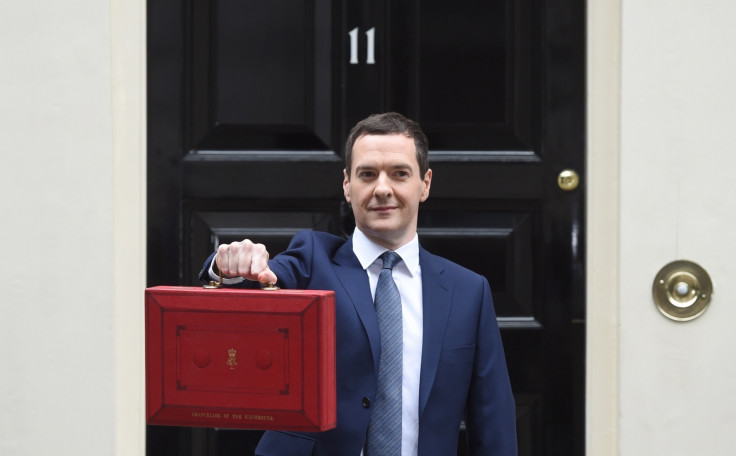Summer budget 2015 winners and losers: Bad for buy-to-let landlords and students, good for low paid and Nato

George Osborne has unveiled the first Conservative budget for almost two decades and it is many ways a mixed bag. He announced a series of welfare cuts but softened the blow with a relatively sensational launch of a "living wage" of £9 by 2020.
Below IBTimes UK looks at the winners and losers from the 8 July budget.
Good for...
Motorists: Fuel duty frozen this year and a flat rate of £140 introduced for road tax, down from £166, in 2017. Electric car owners will not pay any road tax at all and those with more expensive cars will pay more.
People on minimum wage: A controversial one. Osborne sensationally introduced a living wage at £7.20 from April 2016 for people over 25, a huge increase from the current level of £6.50, which will rise to £9 to 2020. Labour claims tax cuts will make life harder for working people. The minimum tax threshold will also rise to £11,000 in April 2016 from £10,600 in 2015-16.
Children with rich parents: The inheritance tax threshold was raised meaning Britons can pass on up to £1m to their children.
Nato: The government confirmed it would meet the Nato pledge to spend 2% of national income on defence per year, ending speculation that the UK might not meet its obligations prior to the election.
Bad for...
People on welfare: The sugar had to be diluted at some point, and Osborne took an axe to welfare as expected, freezing working age benefits, housing allowance and tax credits for four years and reducing the household benefit cap to £20,000 from £23,000.
He has also made it more difficult for young people to claim benefits, requiring them to go on a work placement, trainee-ship or apprenticeship six months after they begin to claim.
The middle class has not escaped either. Tax relief for families has been capped at two children, although the threshold for the 40% rate of tax has been raised to £43,000 from 2016.
Cold callers: A crowd pleaser here: Osborne has pledged to cap the amount that can be charged by claims management services – such as those that try to persuade Britons to claim for payment protection insurance (PPI) – which, he argues, will reduce nuisance calls.
Banks: An 8% surcharge on bank profits was likely to be another popular move by the chancellor, particularly at a time when public trust in banks is at an all-time low. But there has also been a phased reduction in the UK Bank Levy between 2016 and 2021, which bankers will welcome.
Non-doms: The British non-domicile rule – which allows UK residents to limit the tax paid on earnings outside the country – will be abolished by 2017. Likely to be popular given it will go some way to scrapping the somewhat perverse system that allows Britain's richest residents to pay less tax.
The middle class: Osborne also raised the threshold after which you pay 40p on the pound tax to £43,000 from £42,385 but his ending of tax credits means a large portion of middle England will be worse off.
Students: Depending on how you see it, student maintenance grants will be abolished and replaced with loans that are only re-payable once students earn more than £21,000. But while students will have to borrow, they can now borrow more – up to £8,200 – once the new rules come in, in 2016-17.
Buy to let homeowners: Individual landlords will no longer be able to deduct their costs – including mortgage interest – from their profits before they pay tax and will have their tax relief reduced to 20% from 40% or 45% from 2020.
© Copyright IBTimes 2024. All rights reserved.






